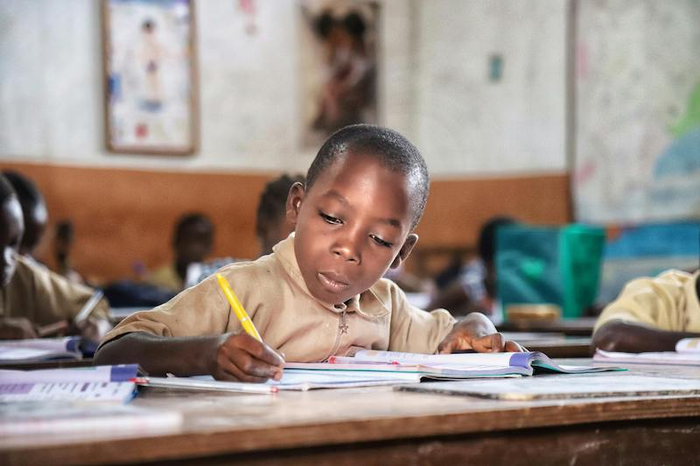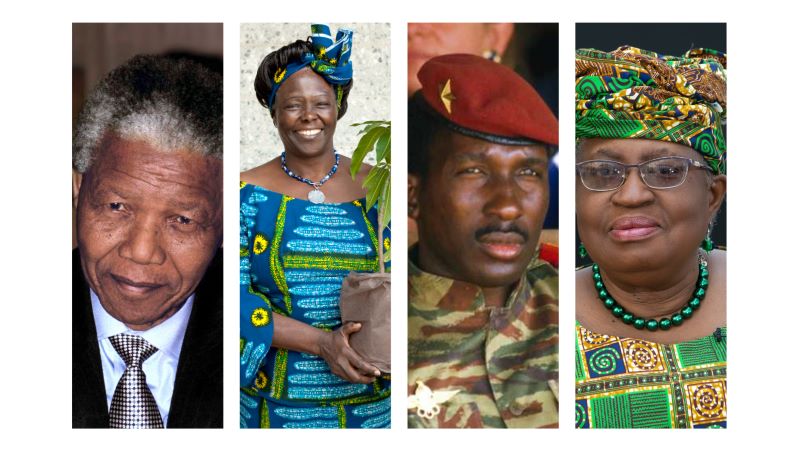Photo by Silvanus Solomon
“Education is our passport to the future, for tomorrow belongs to the people who prepare for it today” – Malcom X
The United Nations Article 26 of the Universal Declaration of Human Rights states that “Everyone has the right to education”. It further states that “Education is not only a right, but a passport to human development that opens doors and expands opportunities and freedoms”.
For every child, education is a fundamental right which empowers them with the knowledge, skills, values and ideals required to have a promising future which in turn impacts the growth and development of their community.
Through education, a child is exposed to the critical literacy, numerical and thinking skills that are essential for their overall development, helping them to navigate the vicissitudes of life, thereby ensuring they make educated decisions along the way.
Education and ensuring access to education for all children is a role that should not be left to political representatives alone. While governments all over the world play a major role in drawing up educational policies that guide their nations, additional responsibilities also fall on individuals, organizations and groups to ensure no child is left behind in receiving quality education.
As a tool for nurturing physical and intellectual development, education when applied at the early developmental years of a child can help build self-esteem, bring to fore hidden talents and innate skills, and stimulate passions and interests which foster a sense of purpose.

Photo by Michele Ferrari
Poverty, which has remained a bane amongst many developing nations especially in Africa has continued to contribute in depriving many children the opportunities that education offers.
According to the global data on out-of-school children by the United Nations Educational, Scientific and Cultural Organization (UNESCO), 263 million children are out-of-school. Reasons for such high numbers range from not having access to schools in their community, enrolling in schools with poor facilities and no teachers, drop out of the educational system, and not enrolling due to poverty.
More worrisome is that not only are top countries populating the list found in Africa, many of the affected children are girls. This ultimately points to an unsecure future for all affected children.
With such barriers accessing education in these countries, the prevalence of child marriage, and gender discrimination become overwhelming. However, when girls are educated, the benefits bear positive results in their communities, homes and societies. They are also empowered to pursue economic opportunities that help them tackle poverty, eradicate the prevalence of child marriage and make better life choices.
While governments can increase funding for education as well as reforming its educational policies to ensure it meets global standards. Individuals and organizations can also take up the responsibility of training one child all the way from pre-nursery to secondary school levels.
By providing support to educational institutions, investing in alternative learning sources, and working with organizations that address vulnerable and out of risk children, the chances of securing the future for all children through quality education becomes attainable.
No society progresses if the children who are the foundation of its sustainability are deprived of education when compared with their peers in developed nations.
Education empowers the children with knowledge, skills, and values for the future that starts today.

Okechukwu Nzeribe works with the Onitsha Chamber of Commerce, in Anambra State, Nigeria, and loves unveiling the richness of African cultures. nextquestservices@gmail.com





